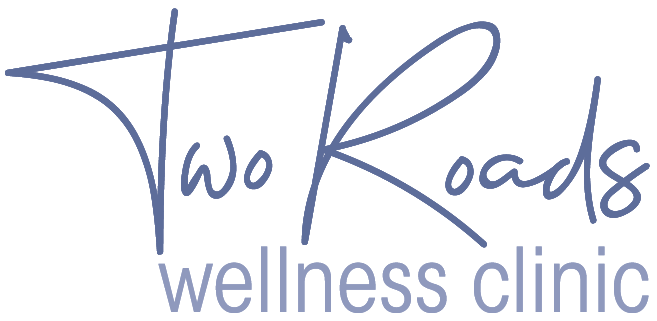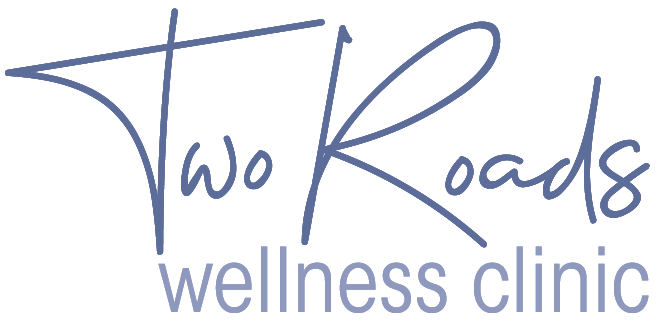How to Eat for a Balanced Life: The Role of Nutrition in Overall Wellness
How to Eat for a Balanced Life: The Role of Nutrition in Overall Wellness
In today's fast-paced world, it's easy to overlook the profound impact that food has on our overall wellness. While many people associate nutrition solely with physical health, what we eat also plays a crucial role in our mental clarity, emotional stability, and long-term vitality.
The Power of Nutrition
Food is more than just fuel. It’s the foundation on which our bodies build health, energy, and resilience.
The nutrients we consume are directly linked to how we feel, think, and function on a daily basis.
When we nourish our bodies with wholesome, nutrient-dense foods, we’re giving ourselves the tools to maintain optimal health—physically, mentally, and emotionally.
Proper nutrition is essential for several reasons
Proper nutrition is essential for the following reasons:
Physical Health: Our bodies require a wide range of nutrients to perform basic functions such as digestion, circulation, immune response, and tissue repair. Without these essential nutrients, our bodies can become vulnerable to illness and fatigue.
Mental Health: The brain relies on a steady supply of nutrients to maintain optimal cognitive function. Nutrient deficiencies can contribute to brain fog, difficulty concentrating, and mood disorders like anxiety or depression.
Energy & Vitality: Good nutrition fuels our energy levels and helps us feel more vibrant throughout the day. When we eat a balanced diet, we avoid the crashes and lethargy that come from unhealthy eating habits.
How Food Affects Well-Being
What we eat influences every cell in our body, from our skin to our organs to our mind.
Mood and Emotional Balance: Did you know that certain foods can influence your mood? Nutrient-rich foods like omega-3 fatty acids (found in fish) and antioxidants (found in fruits and vegetables) have been shown to improve brain function and promote emotional stability. On the flip side, highly processed foods and refined sugars can cause mood swings, irritability, and even increase the risk of anxiety and depression.
Immune System: A healthy immune system is essential for protecting your body from infections. Foods rich in vitamins, minerals, and antioxidants—such as citrus fruits, leafy greens, and nuts—help strengthen the immune system and keep you feeling strong and resilient.
Gut Health: The gut plays a critical role in our overall well-being. A balanced microbiome is vital for digestion, immune health, and even mental clarity. Fiber-rich foods like whole grains, fruits, and vegetables feed beneficial gut bacteria, while probiotics (found in fermented foods) support a healthy gut microbiome.
Weight Management: Nutrition also plays a key role in maintaining a healthy weight. Whole, unprocessed foods—such as lean proteins, healthy fats, and fiber—help regulate appetite and prevent overeating. Proper nutrition encourages a balanced metabolism, which helps manage weight and support long-term wellness.
Key Practices for Eating a Balanced Life
The following are important practices for eating for a balanced life:
Prioritize Whole, Unprocessed Foods
The closer a food is to its natural state, the more nutrient-dense it tends to be. Aim to fill your plate with whole grains, fresh fruits, vegetables, lean proteins, and healthy fats like avocados, nuts, and olive oil. These foods nourish your body with essential nutrients while keeping your energy levels stable.Incorporate a Variety of Nutrients
No single food can provide all the nutrients your body needs. Aim for a colorful plate, rich in different types of fruits and vegetables. Each color represents unique antioxidants and nutrients that support various aspects of health. Think green leafy vegetables, orange carrots and sweet potatoes, red berries, and yellow bell peppers.Stay Hydrated
Water is often overlooked when it comes to nutrition, but staying hydrated is vital for overall wellness. Water supports digestion, nutrient absorption, and detoxification. Aim to drink at least 8 cups of water a day, and adjust based on your activity level and environmental conditions.Don’t Skip Meals—Especially Breakfast
Starting your day with a nutritious breakfast can set the tone for the rest of your meals. A balanced breakfast with protein, healthy fats, and complex carbohydrates (think eggs, oats, and fruit) provides sustained energy and supports brain function throughout the morning.Practice Mindful Eating
In our busy world, we often rush through meals without taking the time to truly enjoy our food. Mindful eating involves slowing down, savoring each bite, and paying attention to your hunger and fullness cues. This can help prevent overeating and improve digestion, leading to better overall wellness.Limit Processed and Sugary Foods
Highly processed and sugary foods can wreak havoc on your health by contributing to inflammation, blood sugar imbalances, and even mood swings. While it's okay to indulge occasionally, try to make these foods a small part of your diet rather than a regular habit.Listen to Your Body
Each person’s nutritional needs are unique. Pay attention to how certain foods make you feel. If you feel sluggish after a heavy meal, or notice digestive discomfort after eating certain foods, take note and adjust accordingly. Personalized nutrition is key to a balanced life.
Nutrition is far more than a means to an end; it’s a cornerstone of a vibrant, balanced life. By making intentional choices about the foods you eat, you can positively impact your physical health, mental clarity, emotional well-being, and energy levels. Remember that balance is key—there’s no need for extreme dieting or restrictive habits. Instead, focus on nourishing your body with a variety of nutrient-rich foods that support your individual needs and make you feel your best.
By eating for wellness, you’re investing in a longer, healthier, and happier life. Your body will thank you!
Continue Your Wellness Journey with These Articles…
Integrative Wellness Related Posts
About Two Roads Wellness Clinic®
Two Roads Wellness Clinic® is an integrative wellness clinic. We truly believe in whole-person wellness and see more than just a list of symptoms.
At Two Roads Wellness Clinic®, we want you to experience the difference of personalized health care. We’re an integrative health clinic offering a vast array of services including, mental health treatments such as EMDR (eye movement desensitization and reprocessing), family therapy, medication management, primary care, integrative nutritional support, personalized health reports and precision medicine with DNA testing, weight management program, life coaching, physical therapy, infrared sauna services, community education and outreach, and more.
The Two Roads Wellness Clinic® team of therapists, medical and nutrition staff, life coaches, physical therapists, and emotional support animals are ready to help you find an integrated approach to your wellness. To schedule an appointment, visit our contact page to get started at one of our convenient locations in Champaign, Danville, Mahomet or Covington, or learn more about Online Therapy and Medical Sessions.
Like the Robert Frost poem our name is based on, we want to help you find the path that makes a difference in YOUR life.
“Two roads diverged in a wood, and I—
I took the one less traveled by.
And that has made all the difference.”Robert Frost, “The Road Not Taken”
Interested in our services? Click to contact us.







